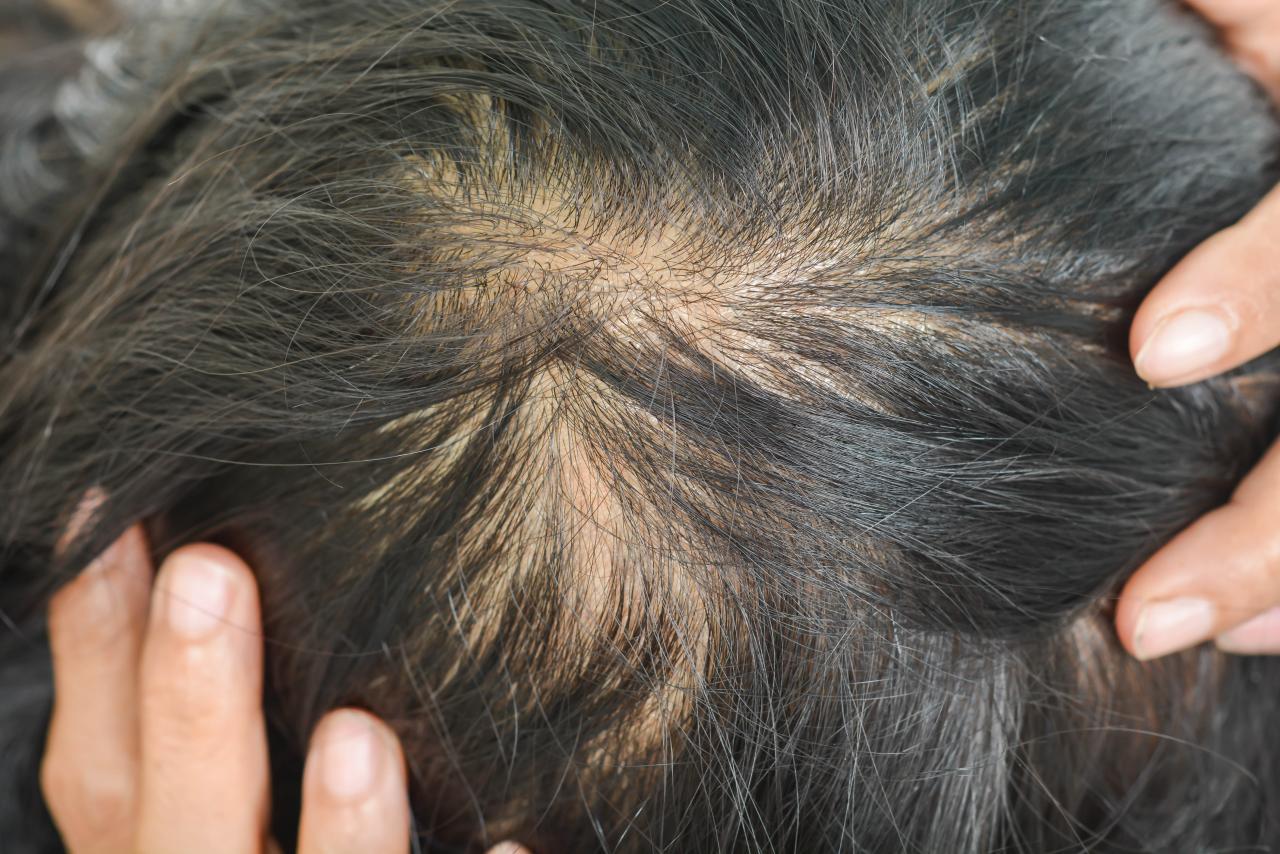Story
VCH expert breaks down the basics of hair loss

Dr. Youwen Zhou works at the Vancouver Coastal Health Skin Care Centre, which includes services that treat hair loss. He provides answers to an issue affecting an estimated one in five Canadians.
Q. What are the main causes of hair loss?
A. For men, causes can include:
- The most common is androgenetic alopecia (male pattern baldness), driven by a genetic predisposition and sensitivity to dihydrotestosterone (DHT), a hormone that stimulates the development of male characteristics.
- Shifts in hormone levels, particularly those affecting DHT.
- Medications for depression, high blood pressure, acne, arthritis, gout or fungal issues.
- Other factors, like stress, nutritional deficiencies, or underlying health issues such as autoimmune disease or thyroid problems.
For women, causes can include:
- Genetics and hormonal fluctuations, for example, during pregnancy or menopause.
- Disorders like thyroid imbalances, polycystic ovary syndrome, or autoimmune diseases.
- Other factors like high stress levels, nutritional deficits, and hairstyling practices, such as tight hairstyles or chemical treatments.
Q. What are the main treatments for hair loss?
A. For men, treatments include:
- Medications such as topical and oral Minoxidil helps stimulate hair growth and oral Finasteride works by reducing DHT levels.
- Surgical and other advanced options can be hair transplant procedures and low-level laser therapy or platelet-rich plasma treatments, but the results are mixed.
For women, treatments include:
- Medications such as topical and oral Minoxidil is often recommended.
- Anti-androgen treatments, such as spironolactone, can balance hormone levels.
- In some cases, hormonal therapies, such as oral contraceptives, may help regulate imbalances.
- Additional options can be low-level laser therapy and platelet-rich plasma treatments, which have mixed success.
- Hair transplant may be considered in select cases or hair prosthesis (hair piece or wigs).
- Complementary strategies would be nutritional support, such as iron supplements, and stress management.
Q. Do you recommend any lifestyle changes to help reduce hair loss?
A. Yes, there are several lifestyle recommendations, including:
- A balanced diet, which can ensure adequate intake of protein, vitamins (especially B vitamins and vitamin D), iron, and other essential nutrients.
- Stress management techniques such as regular exercise, mindfulness, or meditation to reduce stress-induced hair loss.
- Avoid excessive heat styling, chemical treatments, and hairstyles that pull on the hair (tight ponytails, braids, etc.) Use mild, nourishing hair products.
- Maintain a healthy lifestyle, including sufficient sleep and hydration. Regular health check-ups can help identify and manage any underlying conditions that might contribute to hair loss.


